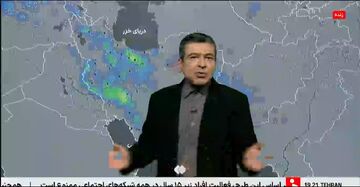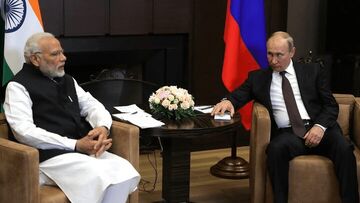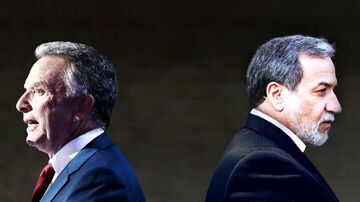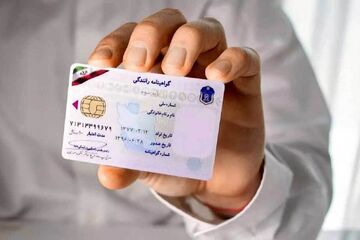TEHRAN (Bazaar) – Geoffrey Carliner, Geoffrey Carliner, affiliate faculty member of the Boston University Global Development Policy Center and a lecturer at the Department of Economics at Boston University says that Biden’s reversal on releasing the money to Iran may make it more difficult to reach agreements in the future.
Following is the full text of the Bazaar interview with Professor Carliner.
Q: During the war between Hamas and Israel, some sources in America and their affiliated media reported that Iranian money was blocked in Qatar again, which was later denied. Do you think there was a message hidden in this news?
A: In September, Iran and the US exchanged prisoners and the US agreed to transfer $6 billion in frozen Iranian assets to Qatar, to be used for food and medicine. When Hamas invaded Israel, US President Biden was severely criticized by Republicans in the US for agreeing to release this money to Iran. The Republicans claimed that the money had been used to finance the Hamas invasion, even though none of it had gone to Iran. In response to this criticism, Biden persuaded Qatar not to release any of the money to Iran after all.
Q: How likely is it that America will use these funds as leverage against Iran in the future? If so, what will be the harm to America?
A: Biden’s reversal on releasing the money to Iran may make it more difficult to reach agreements in the future.
Q: What is the impact of this war on the future of Iran's nuclear negotiations?
A: The US is a strong ally of Israel and Iran is a strong ally of Hamas. The war between Hamas and Israel will increase tension between the US and Iran and make future nuclear negotiations even more difficult than they have been over the past few years.
Q: What effects will this war have on the future of Iran and Saudi Arabia relations?
A: Last week President Raisi and Saudi Crown Prince Mohammed bin Sultan had their first ever conversation. Both of them agreed on their support for the Palestinians and their efforts to de-escalate the fighting to prevent more deaths. The war between Hamas and Israel is likely to improve relations between Iran and Saudi Arabia, though deep divisions will persist.
Q: What is the effect of the war between Hamas and Israel on the normalization of relations between Saudi Arabia and Israel?
A: As long as the war between Hamas and Israel lasts, Saudi Arabia and Israel will not normalize their relations. What happens after the war ends will depend on what happens during the war and what policies Israel adopts toward Palestinians in Gaza and the West Bank after the war. Certainly the war has made it much more difficult for Saudi Arabia and Israel to reach agreements about how to normalize their relations. This in fact was an important reason for why Hamas invaded Israel – to make normalization between Saudi Arabia and Israel difficult or impossible.















نظر شما